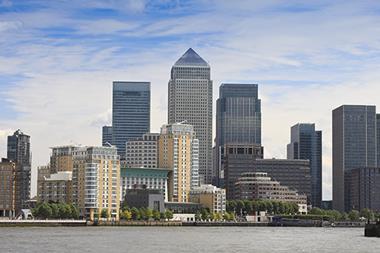The Senate has approved a new version of a $700bn (£380bn) rescue plan for the US financial system.
Senators voted 74 to 25 in favour of the emergency legislation, which is designed to buy up bad debts and stabilise financial markets.
It includes tax breaks for families and businesses, among other measures designed to win over sceptics.
The plan will now go before the House of Representatives, which narrowly rejected a similar bill on Monday.
President Bush praised Senate leaders for making ‘vital improvements to the rescue package’ and urged the House to approve the measures.
The original bill was criticised for pandering to the needs of Wall Street bankers at the expense of ordinary citizens.
The $700bn is designed to be used to buy up devalued assets from struggling firms to help kick-start the economy.
Since the House rejected the bill, politicians have added sweeteners such as tax breaks for small businesses and an increase in the amount of savings the state will guarantee - from $100,000 to $250,000.
The House is expected to vote again on the bill on Friday, and President Bush was keen to stress that the package was 'essential to the financial security of every American'.
‘The American people expect - and our economy demands - that the House pass this good bill this week and send it to my desk,’ he said.
News of the Senate vote failed to lift Asian markets, however.
Japan's main Nikkei index ended down 1.9% and Australian stocks lost 0.6%, on wider fears about economic growth. But shares in London, Paris and Frankfurt opened up.
BBC





























No comments yet